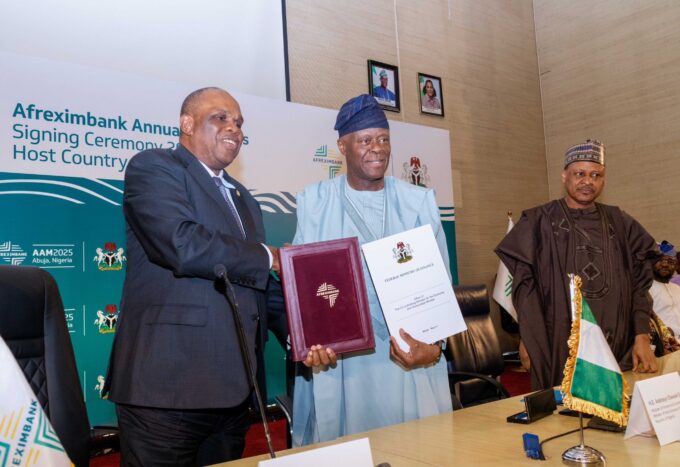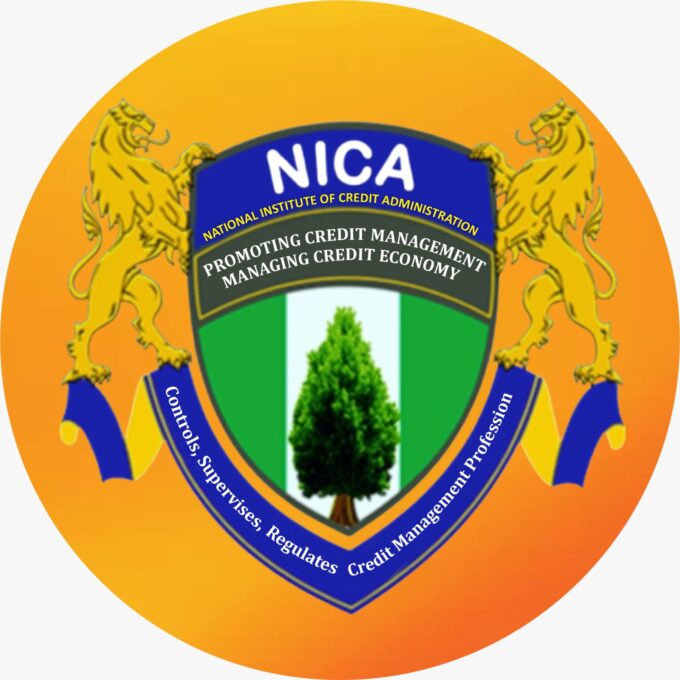Last week, the President of Nigeria penned into law the 2022 appropriation bill after successful passage through the two chambers of the National Assembly. According to the bill, aggregate national expenditure for 2022 was raised by 4.5% to N17.1tn, from the previously proposed N16.4tn, representing a 17.4% increase from 2021’s N14.6tn expenditure estimate. Correspondingly, the oil benchmark was raised by 8.8% from $57/b to $62/b while the exchange rate was retained at N410.15/$. On the other hand, estimated aggregate revenue for 2022 was increased from N10.1tn at N10.7tn.
Disaggregating the components of the aggregate national expenditure, N869.7bn is earmarked for statutory transfers, N3.9tn set aside for debt servicing (18.2% higher than N3.3tn in 2021), while Recurrent (Non-debt) and Capital Expenditure (CAPEX) were both ascribed N6.9tn (24.2% lower than N9.1tn in 2021) and N5.5tn (10.0% higher than N5.0tn in 2021), respectively. On the revenue side, the National Assembly revised revenue projections higher by 5.9% to N10.7tn, from the initially proposed N10.1tn. The increase is expected to be financed by higher independent revenue generation (up by N400.0bn), and upward adjustment to projected oil revenue evidenced by increase in oil price benchmark to $62.0/bbl. from $57.0/bbl., previously. Overall, c.35.0% of total projected revenue will come from oil sources while c. 65.0% will come from non-oil sources.
The revised budget implies a budget deficit of N6.4tn, equivalent to 37.4% of total expenditure and c.3.5% of total GDP. Noteworthy to mention, the budget deficit- to-GDP ratio is above the Fiscal Responsibility Act’s (FRA) limit of 3.0% which the President justified as necessary to tackle existing security challenges and help foster accelerated post-recession growth. To finance the deficit, the FG intends to raise additional funding through new borrowings (79.6%), asset sales/privatization proceeds (1.6%), and a drawdown on loans secured for specific projects (18.8%).
Please CLICK HERE to download the report.
Source: United Capital Research














